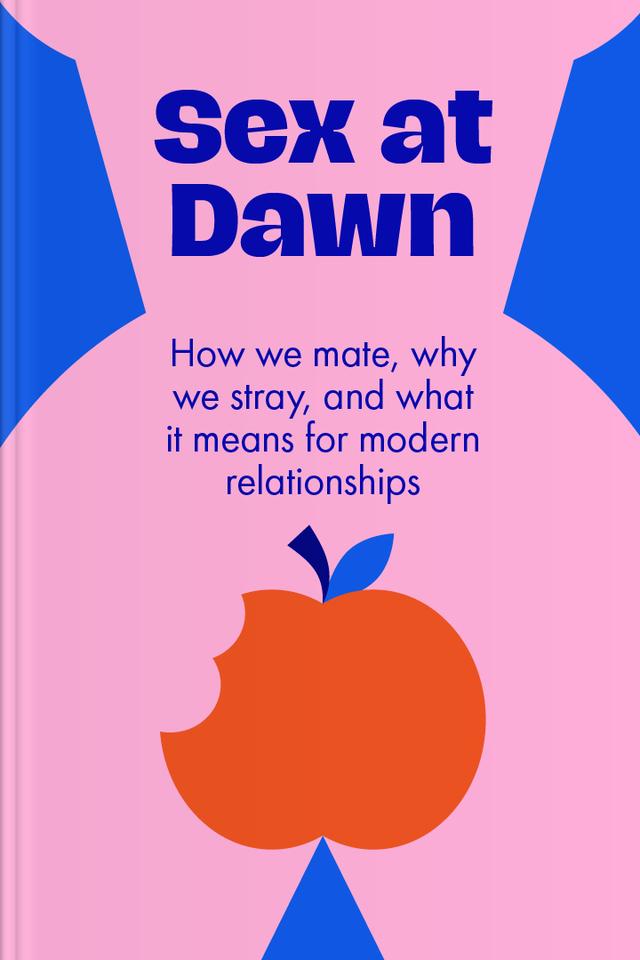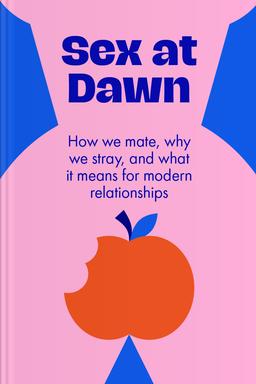You’ll learn
- About adultery’s role in evolution
- What Darwin got wrong about sexuality
- Why monogamy is unnatural
- How sex affects marital life
- About the critical element of survival
Protect the world’s peace. Donate to support Ukraine

first KEY POINT
Sexuality is a powerful resource that has the potential to make us more confident and capable of working miracles. However, liberated human beings are hard to control, especially in repressive societies. For that reason, all the topics circulating the idea of sex were pathologized by physicians, silenced by religious authorities, studiously ignored by scientists, and covered up by didactic therapists.
Unhappy marriages often serve as the frames for novels about the sexual lives of men and women to be pitied and mourned. The man typically loses his freedom, whereas the woman gets repressed in different aspects. Nowadays, something about the concept of marriage and human relationships seems very wrong. More and more people experience sexual dysfunction; no wonder Viagra is selling at a frantic rate each year. Finally, pornography seems to absorb the money of willing devotees, more than any theaters or operas could ever gather — around $100 billion annually.Since childhood, we have learned to fight our eroticism and deny our desires. Our fantasies evolve, which is not necessarily a bad thing. Instead of battling our “hunger,” we need to embrace it as a way to understand more about our nature.In this summary, you will see how human beings evolved in intimate groups where people shared almost everything — food, shelter, protection, child care, and even sexual pleasure. It will show you how contemporary culture misrepresents the connection between love and sex. Spoiler: there is sex without love, and it is not a subject of blame.
second KEY POINT
We may reevaluate our complicated relationship with sexuality with Charles Darwin. His book “On the Origin of Species” was a breakthrough work that laid the foundation for evolutionary biology. Nevertheless, it was quite biased regarding sex and eroticism. The scholar seemed to underestimate their importance, to put it mildly.What do we think of when we hear “sexual life of prehistoric people?” Perhaps something primitive, violent, male-dominated? Remarkably, these false assumptions are still pervasive in the modern understanding of human sexuality. Indeed, Darwin’s outlook on prehistoric human life could be to blame.In his book, Darwin wrote that a woman was passive and reserved compared to a man. The man had to court her, and she was to escape his endeavors. He made it look like this female reticence was a defining factor for successful mating. Even though that might be entirely accurate for some mammals, this does not reflect the love life of human beings.Observing his male contemporaries, who were after several women at a time, Charles Darwin assumed that early humans might have been polygynous. To his mind, it was one male mating with several females. He wrote that aboriginal people lived in small communities, where the stronger men had as many wives as they could obtain and support.

Continue reading with Headway app
Continue readingfirst KEY POINT
second KEY POINT
third KEY POINT
fourth KEY POINT
fifth KEY POINT